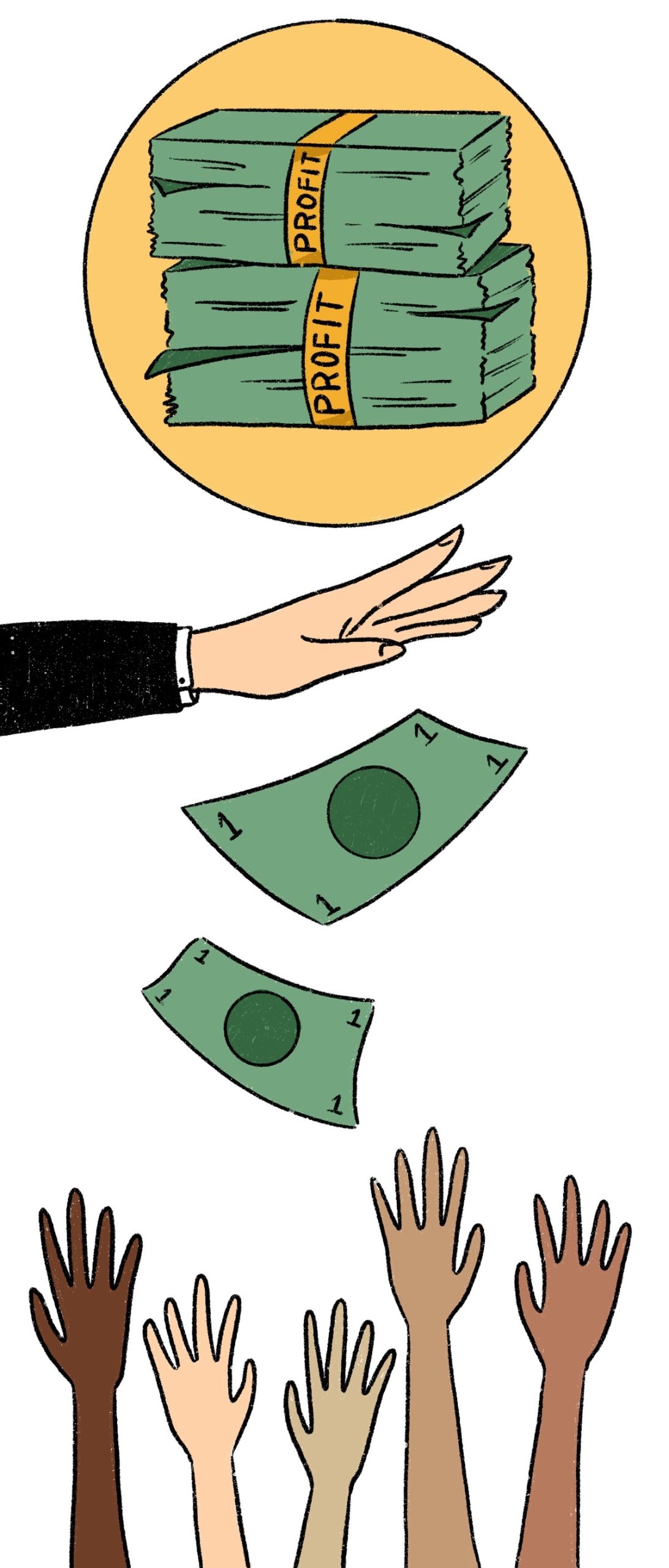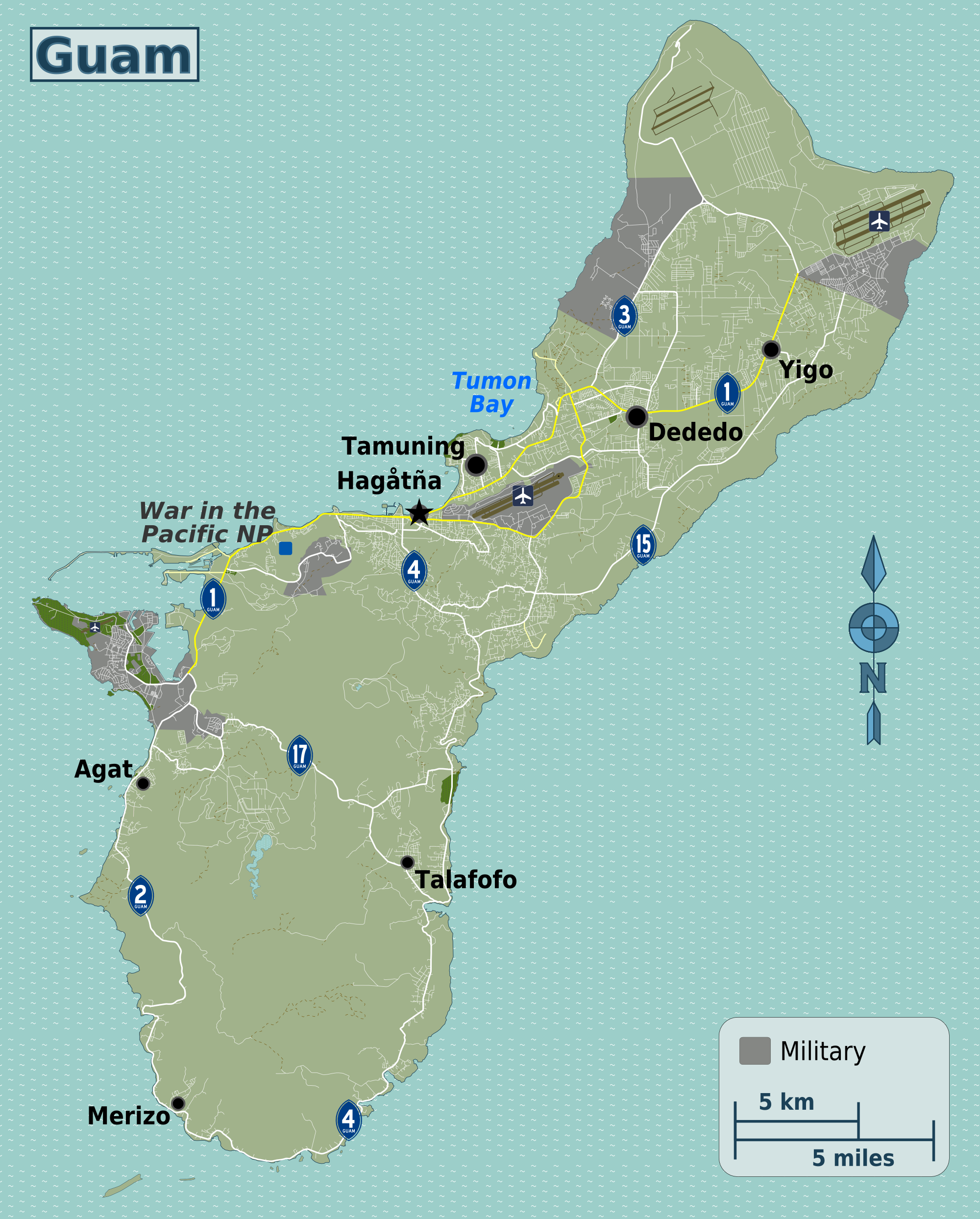Philanthropy is a scam. The idea is inherently based on inequality. When an individual, corporation or one of their foundations donates money to benefit the welfare of the less fortunate, they are flexing their power and wealth in a public relations bid at respectability. This all serves to obscure the fact that their very ability to donate generous sums of money is predicated upon gross wealth inequality and the hoarding of wealth and resources by the privileged few.
A recent case study of this is illustrated by Yvon Chouinard, the founder of Patagonia Sportswear, “giving away” his company to the nonprofit Holdfast Collective. The New York Times reported that through this deal, the company purportedly worth $3 billion will generate $100 million a year in revenue that will go towards fighting climate change. In that article and others, he has been celebrated as an inspiration and an example to other billionaires.
However, he and his corporate board of lawyers carefully structured the transfer of the company so that the family will keep control of the company and avoid taxes. Devon Pendleton and Ben Steverman at Bloomberg wrote of the deal, “Chouinard is at the fore of a small-but-growing movement among the ultra-wealthy to use nonprofits to exert political influence long past their lifetimes.”
In other words—the transfer of massive fortunes this way allows the ultra-rich to control policy in a completely anti-democratic way.
In the same article, Boston College Law School professor Ray Madoff warned, “We are letting people opt out of supporting all the expenses of government to do whatever they want with their money. This is highly problematic from the point of view of democracy, and it can mean a higher tax burden for the rest of Americans.”
Beyond the avoidance of taxes that we—the voting stakeholders—would get to have a hand in deciding the fate of, there is also the reality that these philanthropic individuals are essentially shaping our world’s problems into a commodity that only their unregulated investment can solve.
We aren’t as far removed from the classist hierarchies of feudalism as we imagine. Members of the wealthy ruling classes have essentially been cherry-picking how a negligible portion of their money impacts social welfare, while maintaining vast and growing fortunes. They don’t have to answer to democratic institutions and have largely bought politicians and ensured that corporate tax rates remain far lower than they have historically been.
According to Americans for Tax Fairness, “Corporate share of federal tax revenue has dropped by two-thirds in 60 years — from 32% in 1952 to 10% in 2013.” Combine that with a study on corporate profits and profit-shifting between 1975 and 2019 by The United Nations University World Institute for Development Economics Research which found that nearly $1 trillion in global profits has been diverted to tax havens—places where these corporations don’t have to pay taxes at all.
Take this all with the skyrocketing of corporate profits in 2022 that have been passed onto us “consumers” in the name of inflation, as reported by Tobias Burns of The Hill, and it appears we are truly living in a new Gilded Age—a period in the late 19th Century of extreme materialism, monopolies and blatant political corruption in the United States.
We have a dizzying array of problems that government budgets could be used to solve—the houselessness crisis, ballooning cost-of-living, human-caused climate disasters, equitable access to health care, a deeply underfunded education system—the list could go on until the end of time.
We should also shine a light on local billionaires like Nike founder Phil Knight, who gives the majority of his philanthropy to his own private family foundation in the form of appreciated Nike stock. Through this, he receives massive income tax deductions and it helps him avoid hundreds of millions of dollars in capital gains taxes. Notably, he has recently also been spending forcefully to try and shift the balance of power in Oregon to Republicans, reportedly spending $2 million during the 2022 election season.
Close by in Seattle, Bill Gates infamously signed Warren Buffet’s Giving Pledge which urges the wealthy to “publicly commit to give the majority of their wealth to philanthropy either during their lifetimes or in their wills.” Gates is among the top givers and is revered in the press for it. Forbes reported a cumulative $149 billion has been donated as of Jan. 2021 by the 25 biggest philanthropists in the U.S.
This hasn’t hurt their fortunes in the slightest though, as together these mega-rich donors were still worth just under $800 billion when their assets were tallied.
These people have more wealth than the majority of the U.S. population combined, and using it this way gives them the financial power to affect policy and change the world with no accountability to anyone else.
I am not arguing that their donations are of no help to certain causes or to people struggling. I am arguing that they benefit from an enormous rebranding of their public image and that they shape which problems are addressed—if they are addressed at all—with their money and power.
Further, I don’t naively believe that our government as it currently stands would spend the taxes that these individuals and companies avoid paying in magical ways either. Remember that the 2022 U.S. military budget is $742.3 billion, far outranking government spending on anything else. The 2010 Citizens United Supreme Court decision also enshrined money as speech and ensured that U.S. political processes can continue to be dominated by the highest bidder.
The moral imperative to attempt to repair the damage done by unrestrained consumerism is a noble one. We should remember though that these fortunes have been built through that very consumerism, as well as the exploitation of workers, land and Indigenous peoples. Shouldn’t we all have a say in how our world’s many crises are addressed?
The very structure of charity is based upon a power differential, as the giver invests nothing in actually changing the material conditions for those suffering. The world’s contemporary kingmakers will continue to exert their influence through the hidden hand of capital and philanthropy until we collectively demand that these fortunes are redistributed among the many victims of their predation. Philanthropy is essentially all optics.






